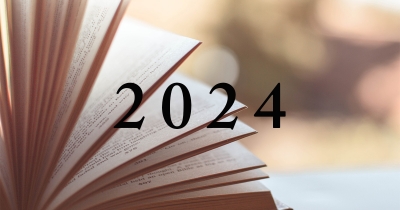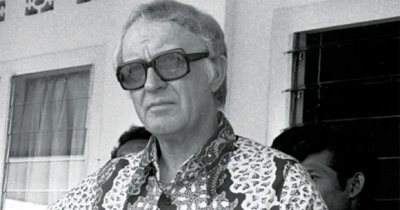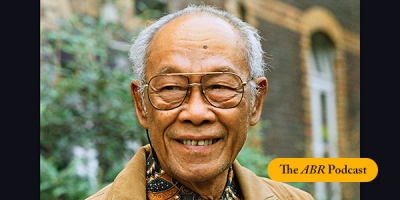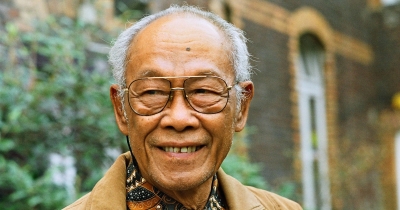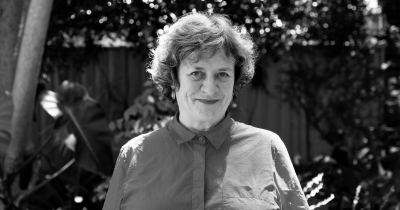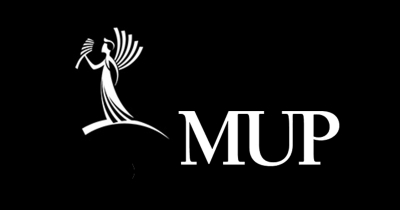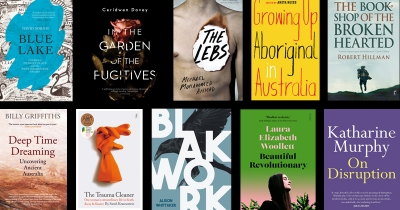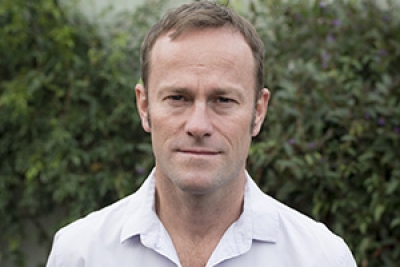Nathan Hollier
Sign up to From the Archive and receive a new review to your inbox every Monday. Always free to read.
Recent:
Occidental Preacher, Accidental Teacher: The enigmatic Clive Williams, Volume One, 1921-1968 by Shannon L. Smith
This week on the ABR Podcast we tell the story behind Indonesia’s twentieth-century literary masterpiece, the Buru Quartet, a set of novels that began life in a jail cell. The Buru novels were written by Indonesian author Pramoedya Ananta Toer, widely considered a potential winner of the Nobel Prize. Nathan Hollier, publisher at Australian National University Press, explains why the Buru novels hold special significance for Australia, even though, as he writes ‘few Australians have heard of them’. Listen to Nathan Hollier’s ‘”At least I’ve told these stories to you”: Pramoedya Ananta Toer and the Buru Quartet’, published in the March issue of ABR.
... (read more)What was the best decision Brian Johns ever made?
In 2005, Johns – legendary leader of Penguin Books Australia, publisher of Elizabeth Jolley, Thea Astley, Frank Moorhouse, and so many others, and later managing director of the ABC and SBS – nominated his publication of the Buru Quartet, by Indonesian author Pramoedya Ananta Toer. Johns was speaking at an event for Pramoedya’s Indonesian editor and publisher Joesoef Isak, who was receiving the inaugural PEN Keneally Award for publishing. This may have been a case of politeness on Johns’s part, but there are reasons to think this was likely a more considered assessment.
... (read more)Technofeudalism: What killed capitalism by Yanis Varoufakis
In November, Melbourne University Publishing will release the two-hundredth title in the second numbered series of its Miegunyah Press imprint. This is Doing Feminism: Women’s art and feminist criticism in Australia, compiled and edited by Anne Marsh, art historian and Professorial Research Fellow at the Victorian College of the Arts.
... (read more)Dear Chancellor French, I write this open letter to you to make certain points about the environment of university press publishing, in support of UWA Press and its Director, Professor Terri-ann White, and her team.
... (read more)Like many of us, I think of the book as the great vehicle for the sophisticated expression of our humanity. The world needs the book more than ever...
... (read more)To complement our ‘Books of the Year’ feature, which appeared in the December 2018 issue, we invited some senior publishers to nominate their favourite books of 2018 – all published by other companies.
... (read more)I am in publishing to make a positive difference to society, so when one feels that, with the author, we’re doing that, it’s gratifying. The greatest challenge is trying to explain why not all good books find the readership they deserve, despite marketing efforts and positive media and reviews. For some books, the time is not right.
... (read more)

